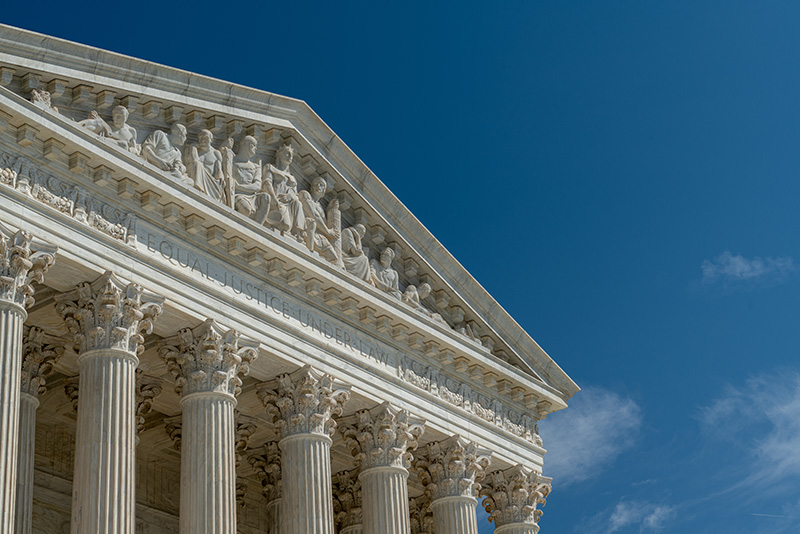July 10th, 2023
Supreme Court Raises the Bar for Employers in Religious Accommodations
Posted in: Employment Law Featured Tagged: Darla J. McClure

The June 29, 2023, Supreme Court decision in Groff v. DeJoy will have a lasting impact on how employers handle religious accommodations for their employees under Title VII of the Civil Rights Act. Title VII of the Civil Rights Act of 1964 requires employers with 15 or more employees to reasonably accommodate those whose sincerely held religious beliefs or observances conflict with work requirements, unless the accommodation would create an “undue hardship” for the employer.
The Supreme Court unanimously revised the standard for determining whether an employer’s refusal to accommodate an employee’s religious beliefs would be considered an “undue hardship” under Title VII. The previous standard, known as the de minimis cost standard, required employers to show that accommodating the employee’s religious beliefs would impose more than a minimal cost. Now, the Supreme Court has ruled that employers who fail to grant an employee’s request for an accommodation for religious beliefs, must demonstrate that it would suffer a significant burden or expense.
The Court emphasized that employers cannot simply deny a religious accommodation by pointing to minor costs. Instead, they need to provide evidence that the accommodation would cause a significant burden on their business operations. The impact on other employees may be considered when determining whether the burden is substantial; however, the Court noted that requiring another employee to work overtime would not necessarily cause undue hardship.
Moving forward, lower courts will have to evaluate each case to determine what qualifies as a substantial cost or burden. They will need to consider various factors, such as the specific accommodation requested and the size and operating costs of the employer. Employers will need to carefully assess requests for religious accommodations, taking into account the potential impact on their business and employees before making a decision.







